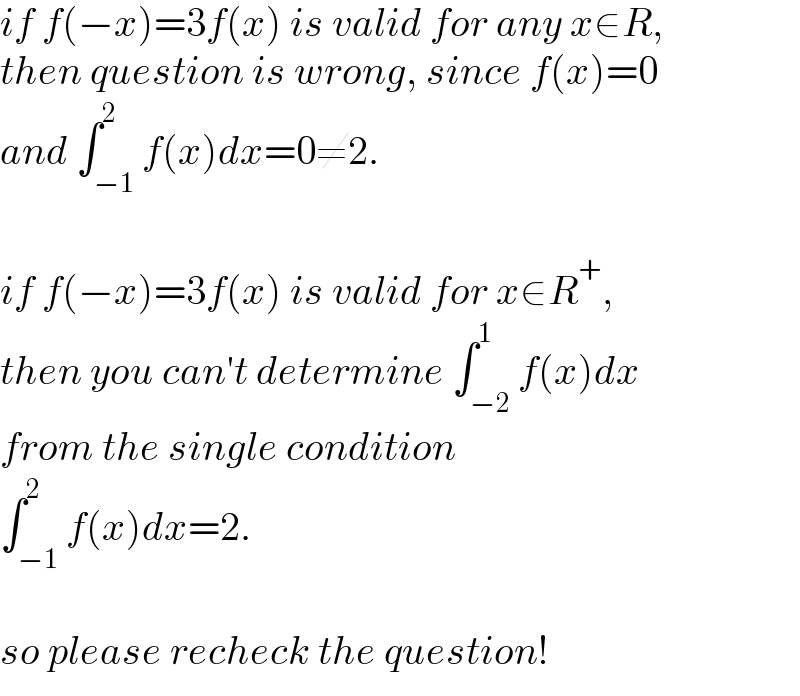Question Number 128750 by bemath last updated on 10/Jan/21

Commented by mr W last updated on 10/Jan/21

Answered by bramlexs22 last updated on 10/Jan/21

Commented by mr W last updated on 10/Jan/21

Commented by bramlexs22 last updated on 10/Jan/21

